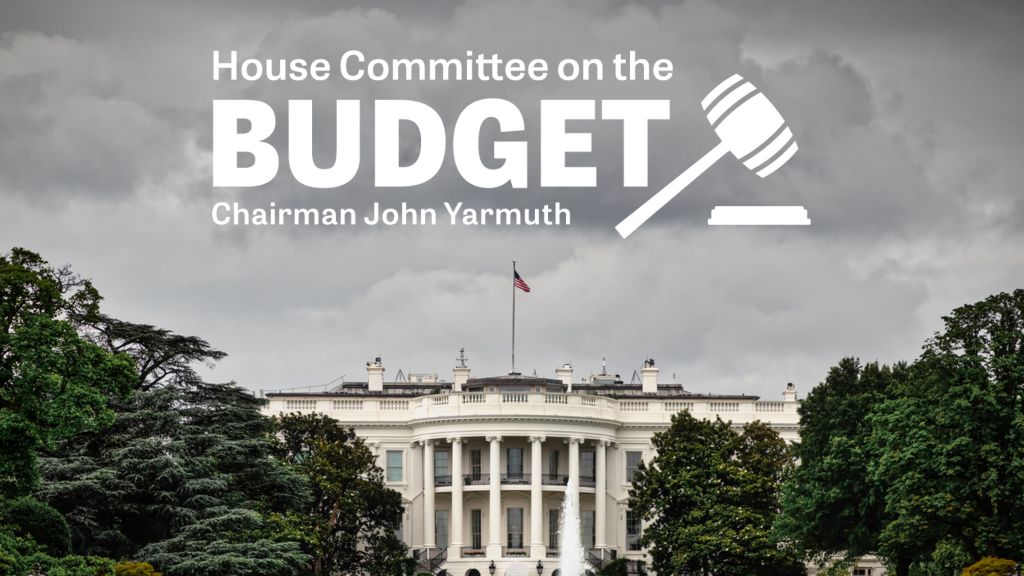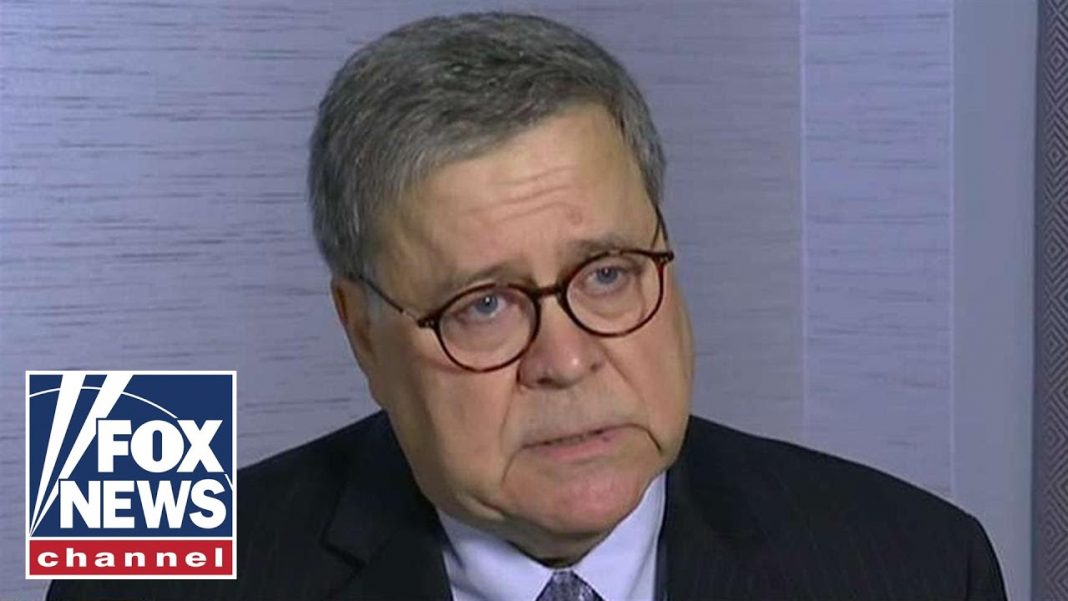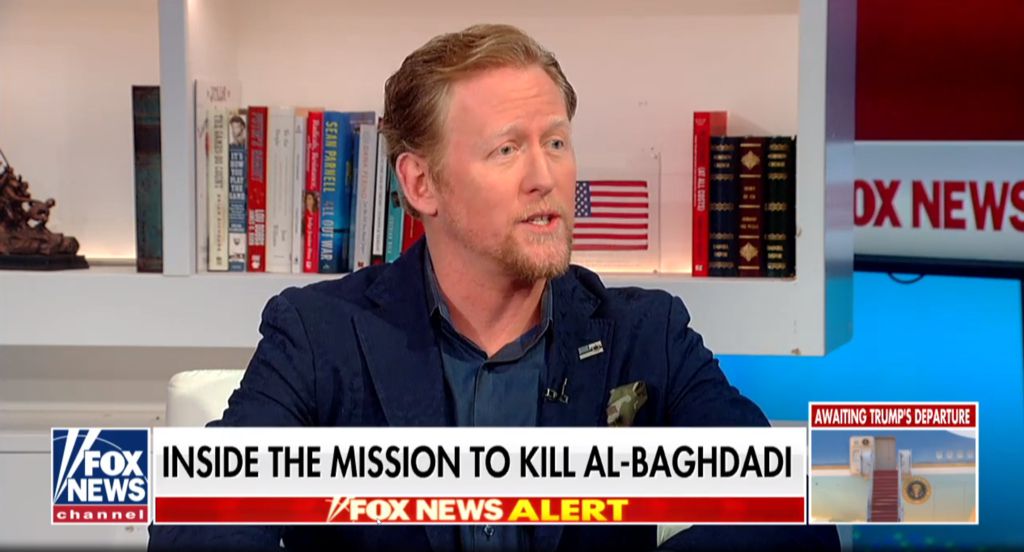What is the Impoundment Control Act?
The Congressional Budget and Impoundment Control Act of 1974 (ICA) reasserted Congress’ power of the purse. Specifically, Title X of the Act – “Impoundment Control” – established procedures to prevent the President and other government officials from unilaterally substituting their own funding decisions for those of the Congress. The Act also created the House and Senate Budget Committees and the Congressional Budget Office.
Why was the ICA necessary?
Congress passed the ICA in response to President Nixon’s executive overreach – his Administration refused to release Congressionally appropriated funds for certain programs he opposed. While the U.S. Constitution broadly grants Congress the power of the purse, the President – through the White House Office of Management and Budget (OMB) and executive agencies – is responsible for the actual spending of funds. The ICA created a process the President must follow if he or she seeks to delay or cancel funding that Congress has provided.
What does it mean to ‘impound’ funds?
An “impoundment” is any action – or inaction – by an officer or employee of the federal government that precludes federal funds from being obligated[1] or spent, either temporarily or permanently.
How does the ICA work?
The ICA lays out procedures the President must follow to reduce, delay, or eliminate funding in an account. The Act divides impoundments into two categories: rescissions and deferrals.
Rescissions
Put simply, if the President wants to spend less money than Congress provided for a particular purpose, he or she must first secure a law providing Congressional approval to rescind the funding in question. The ICA requires that the President send a special message to Congress identifying the amount of the proposed rescission; the reasons for it; and the budgetary, economic, and programmatic effects of the rescission. Upon transmission of such special message, the President may withhold certain funding in the affected accounts for up to 45 legislative session days. If a law approving the rescission is not enacted within the 45 days, any withheld funds must be made available for obligation.
A 2018 Government Accountability Office legal opinion holds that if the President proposes a rescission, he or she must make the affected funds available to be prudently obligated before the funds expire, even if the 45-day clock is still running. This means, for example, that the President cannot strategically time a rescission request for late in the fiscal year and withhold the funding until it expires, thus achieving a rescission without Congressional approval.
Deferrals
The ICA defines a “deferral” as withholding, delaying, or – through other Executive action or inaction – effectively precluding funding from being obligated or spent. The ICA prescribes three narrow circumstances in which the President may propose to defer funding for a program: (1) providing for contingencies; (2) achieving budgetary savings made possible through improved operational efficiency; and (3) as specifically provided by law.
The ICA requires that the President send a special message to Congress identifying the amount of the proposed deferral; the reasons for it; and the period of the proposed deferral. Upon transmission of such special message, the funds may be deferred without further action by Congress; however, the deferral cannot extend beyond the end of the fiscal year in which the special message is sent. The ICA language on deferrals is long-standing budget law that allows the Executive branch to delay the obligation or expenditure of funding only for the specified reasons rather than policy reasons.
Why is the ICA important?
Today, 45 years after the ICA became law, Congress once again confronts a President attempting to push past the long-recognized boundaries of executive budgetary power. This year, for the second straight year, the Trump Administration reportedly considered issuing rescission requests for certain foreign aid and security assistance accounts less than 45 days before the end of the fiscal year, when the funds in question would expire. In the closing weeks of fiscal 2019, OMB withheld funding in these accounts in a manner inconsistent with longstanding procedures and policies. The House Budget and Appropriations Committees have serious concerns that President Trump and his administration violated the ICA in withholding these funds. The committees are examining when, why, and how these funds were withheld; and whether these actions prevented agencies from spending the full amount that Congress provided for these activities, thus thwarting the will of Congress. Congress will not bend to executive overreach. It will defend its constitutional power of the purse and the fundamental checks and balances that are critical to our constitutional republic.
[1] To “obligate” funds means to incur a legal obligation to pay, such as by entering into a contract for services.
Additional Resources
- House Budget Committee Outlines OMB’s Abuse of Apportionment Process
- Chairs Yarmuth and Lowey Call on White House to Release Documents on the Withholding of Ukraine, Foreign Aid Funds (Press Statement)
- Chairs Yarmuth and Lowey Call on White House to End Blatant Attempts to Undermine Congress’ Power of the Purse (Press Statement)
- Top Budget Democrats Yarmuth & Sanders Urge Administration Not to Impound Funding (Press Statement)








